If you seek to trade with ECN brokers, you should understand the three ways they can cheat on you.
There have been numerous reports of fraudulent brokers in the forex market. "Bucket-shop" businesses entice consumers with extravagant bonuses and then strive to keep their clients' money for as long as possible or set up unfair trading terms that result in repeated losses for all traders. Those are undoubtedly scams and are against the law.
In these circumstances, trusted brokers are a rarity. Even legitimate (licensed and regulated) forex brokers have their own immoral ways of extracting more money from their clients.
What about ECN brokers that tout transparent and real market pricing? Can ECN brokers cheat on you? Yes, unfortunately, they too can cheat on you.
How do ECN brokers cheat on us? Well, there are several common modus operandi in the industry, such as artificial slippage, liquidity providers that are owned by the same company, and disproportionate swaps.
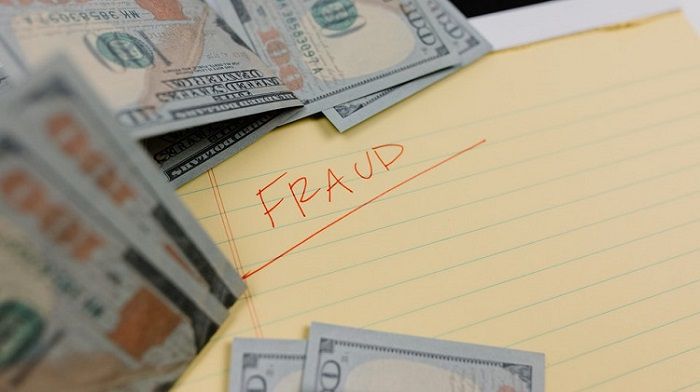
1. Artificial Slippage
In case of slippage, your orders may be executed at better or worse prices. Slippage may be normal, because prices from the broker's liquidity providers could fluctuate quickly, leaving them with no alternative but to execute your order at a marginally inferior price. However, some ECN brokers may cheat on you by purposefully executing and filling your orders at worse prices.
Because slippage is very common in the market, it is impossible to seek ECN brokers without any slippage at all. So, how can we avoid artificial slippage? Unfortunately, we cannot completely eliminate the risk of artificial slippage. Yet, we can reduce their likelihood.
There are two steps you may take to avoid falling prey to artificial slippage. First, steer clear of stop orders and make use of limit orders instead. Second, add decreased slippage parameters to your expert advisors (in case you are using EA).
2. Affiliated Liquidity Providers
Market makers benefit from traders' losses because they stand as counterparties in all transactions. This is one important reason why people condemn market makers and prefer ECN brokers. Nevertheless, some ECN brokers may indirectly benefit from your losses by sending out your orders to be executed by affiliated liquidity providers.
No matter how strongly a broker insists that they are genuinely ECN, there is no guarantee that this is the case. In accordance with prevailing legal requirements, they are not allowed to work as direct market-maker. So, they transfer your transactions to be executed by a market-maker instead, who is typically controlled by the same company.
In order to avoid such a disadvantage, we have to know who the broker's liquidity providers are and their shareholders. Regrettably, it is impossible. Few regulators require brokers to declare their liquidity providers' information publicly, and even fewer brokers are open about their shareholding information.
3. Disproportionate Swaps
Swaps refer to overnight interest rates charged or paid by brokers based on the difference between the short-term interest rates associated with the currencies in the pair you trade. However, the difference isn't always clear-cut.
Swaps depend on interbank rates that are not quite the same as the central bank's reference rates. It leaves plenty of room for brokers to take advantage of. If the broker should collect the swap from the trader, it will do so for a higher fee than necessary; while if the broker should pay the swap, it will do so for a lower fee.
Traders who seek to trade with ECN brokers should understand that the three risks above cannot be totally avoided. We can probably compare current prices and swaps between brokers to find which is the fairest of them all, but we cannot do so all the time.
So, are ECN brokers bad for us? There is no clear-cut answer to that. What you need to know is that ECN brokers do offer a better trading environment than market makers although some of them may cheat on you. Better yet, licensed ECN brokers in advanced countries are usually subject to stricter supervision that reduces the likelihood of fraud.

 Dedicated FREE FOREX VPS
Dedicated FREE FOREX VPS Free FOREX Virtual Private Server
Free FOREX Virtual Private Server MT4 Demo Contest, Get $500
MT4 Demo Contest, Get $500 Sign Up for an Account, Claim 60% Deposit Bonus
Sign Up for an Account, Claim 60% Deposit Bonus Free MT4/MT5 VPS 2024
Free MT4/MT5 VPS 2024 Send E-mail and Get Free Merchandise
Send E-mail and Get Free Merchandise $1K Refer a Friend Bonus for Pepperstone Pro clients
$1K Refer a Friend Bonus for Pepperstone Pro clients Maximize Your Earnings with 100% Deposit bonus
Maximize Your Earnings with 100% Deposit bonus Trade to Win, $5,000 Monthly Demo Contest
Trade to Win, $5,000 Monthly Demo Contest Claim 30% + 15% Deposit Bonus from LiteFinance
Claim 30% + 15% Deposit Bonus from LiteFinance
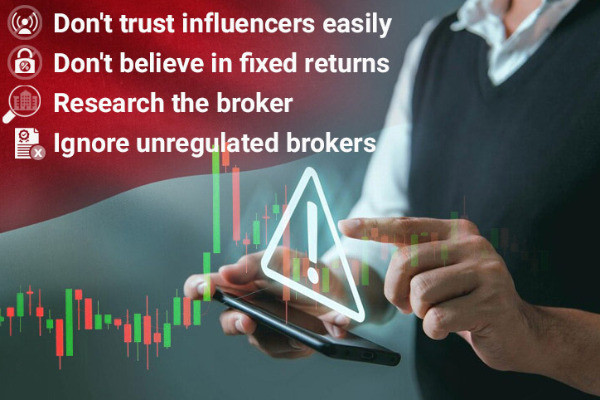
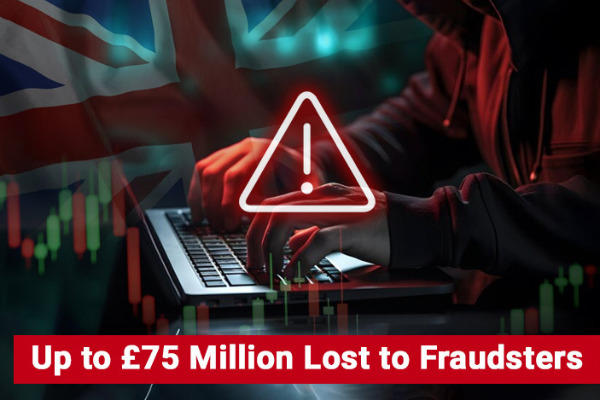
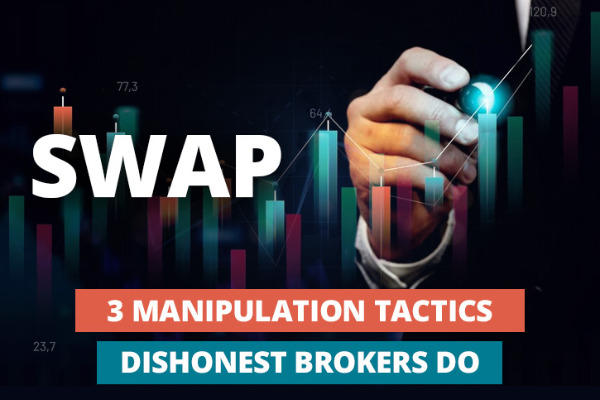









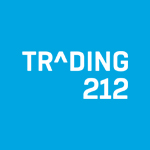

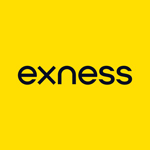
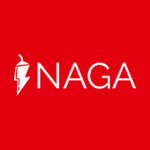















5 Comments
Robert
Aug 22 2022
In this day and age, exercising extreme caution is absolutely necessary while ing a broker. mainly due to the fact that not all brokers can be trusted. This post is quite informative because it sheds light on some of the potential scams that can be committed by ECN brokers. This article is required reading for traders, particularly those who are just starting out.
Emily
Jan 15 2023
Wow, I can't imagine an ECN broker being able to pass your order to an affiliate liquidator. This is very risky as it can manipulate the entire market, and we don't even know about it. ECN brokers offer spreads that start at 0 as I believe ECN can raise the spread pip, but there is no price increase. However, they can choose liquidators, which allows cheats to run without the customer's knowledge. Yes, as the author said, it is better to use the regulated one as it is stricter when it comes to ECN. Thank you, and hats off to the author!
Vincent
Jan 15 2023
Emily: Is it true that as you say we don't actually trade directly in the live market? Or is there a markup price charged? If so, Forex trading is very risky to trade.
Willy
Jan 15 2023
Vincent: It is true! Actually, we don't trade directly through the market. If you learn about the history of Forex, the old times, Forex can only be accessed by financial institutions such as banks and large companies. The funds that you need to trade with it is very high funds. And we, as ordinary people can't get access to that. And nowadays, why can we access the market forex? to be noted, all banks and companies still can trade directly in the market and nowadays it called Liquidity pools. Meanwhile, we that have very small funds can trade through brokers. That's why in order to make up your power buying , brokers give you leverage so you can trade in the market but with their medium. So, basically there are 3 brokers that we used to access the live market. STP, DD brokers, and ECN Brokers. STP and ECN send your order to liquidity pools, the difference is the liquidity pool's that STP used maybe another big broker or bank. meanwhile, ECN used big banks or international banks that have huge impact on forex market. Meanwhile DD (Dealing Desk) create their own market based on live market condition. Risky to trade in Forex? Yeah, it is very risky, that's way you need to read lot informarion before getting into forex. The risk is everywhere either Broker or trading condition and even the market itself.
Vincent
Jan 15 2023
Willy: That's lot information, thank you for your explanation. About the ECN , I think there is a chance of course to cheat you. And this article also gives a new prespective view about the ECN brokers.